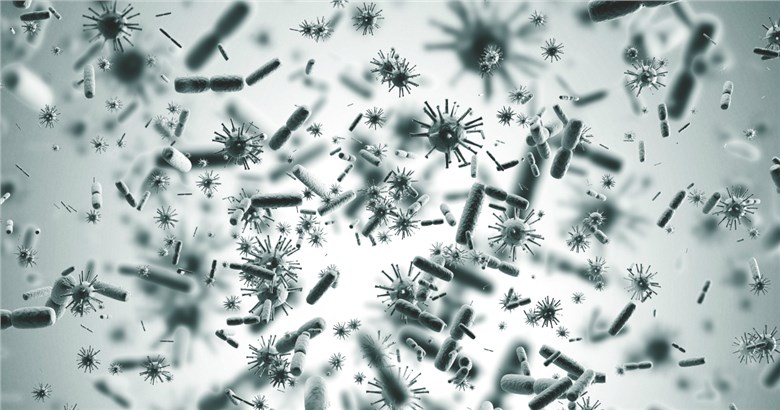Bacteria-derived Adjuvant Optimization Service
Creative Biolabs is a world leader in the field of vaccine adjuvants development. With our extensive experience and advanced platform, we are therefore confident in offering the best services for vaccine adjuvants for use in vaccine development and guarantee the finest results for our customers all over the world.

Bacteria-derived Adjuvant
Today, the most commonly used adjuvants are still aluminum-based salts. But they only effectively rouse certain types of immune cells. T cells that recognize and kill infect cells important in clearing infections are not well stimulated by alum. Therefore, due to their well-established role as immune stimulators, bacteria-derived adjuvants obtained a great deal of attention. Different kinds of bacteria have different ways to attack the body while the immune system has evolved to distinguish infections and activate the most effective immune cells to fight the current invader. Adding appropriate bacterial components to vaccines for similarly infecting pathogens would result a stronger immune response to provide better, longer-lasting protection against infection.
Types of Bacteria-derived Adjuvant
The first bacterial-derived adjuvant is a subunit of lipopolysaccharide (LPS) expressed on gram-negative bacteria which is approved for use in human vaccines in 2009. Different from the strong, sometimes deadly, immune responses of LPS, its derivative called monophosphoryl lipid A (MPL) can induce an immune response with little toxicity. MPL is currently being used in hepatitis B and human papilloma vaccines and is being clinically tested with a range of other vaccines. Except the surface lipids, there are a handful of other bacterial structures, including toxins, bacteria-specific DNA sequences, and even whole commensal microbes (probiotics), showing large potential in activating pathogen-specific immune responses that bolster vaccines’ strength and longevity. One group of important candidate adjuvants is enterotoxins, which bind to mucosal cells and increase gut permeability and stimulate just the right kind of antibodies to fight mucosal infections-IgA. Another widely research of adjuvants is bacterial DNA. It is often unmethylated in bacteria so-called CpG sequence, tipping off the immune system to the presence of an invader. Amount of immune types can respond to CpG DNA and stimulate these cells to launch an immune response, such as B cells and plasmacytoid dendritic cells, key fighters of viral infections.
The Advantages of Bacteria-derived Adjuvant
Because the mechanism of traditional adjuvant is not very clear, it gives the bacteria-derived adjuvant a bright future for use in vaccine development. Bacteria-derived adjuvants are important because they take us beyond the phenomenological observations of "enhanced immunity" to a more clear understanding of the mechanisms of adjuvant activity. In conclusion, particular degenerate products of bacteria can stimulate and modulate immune responses and influence acquired immunity and, potentially, protection against disease. More and more knowledge in bacteria-derived adjuvant field is beginning to explain how vaccine adjuvants work and will facilitate the future development of novel adjuvants and vaccines.
Creative Biolabs is a leader in the field of vaccine adjuvant development and has focused on the bacteria-derived adjuvants for many years. We have experts who are able to help you with the development of the bacteria-derived adjuvants for use in vaccines. If you are interested in our services, please contact us for more details.
All of our products can only be used for research purposes. These vaccine ingredients CANNOT be used directly on humans or animals.


